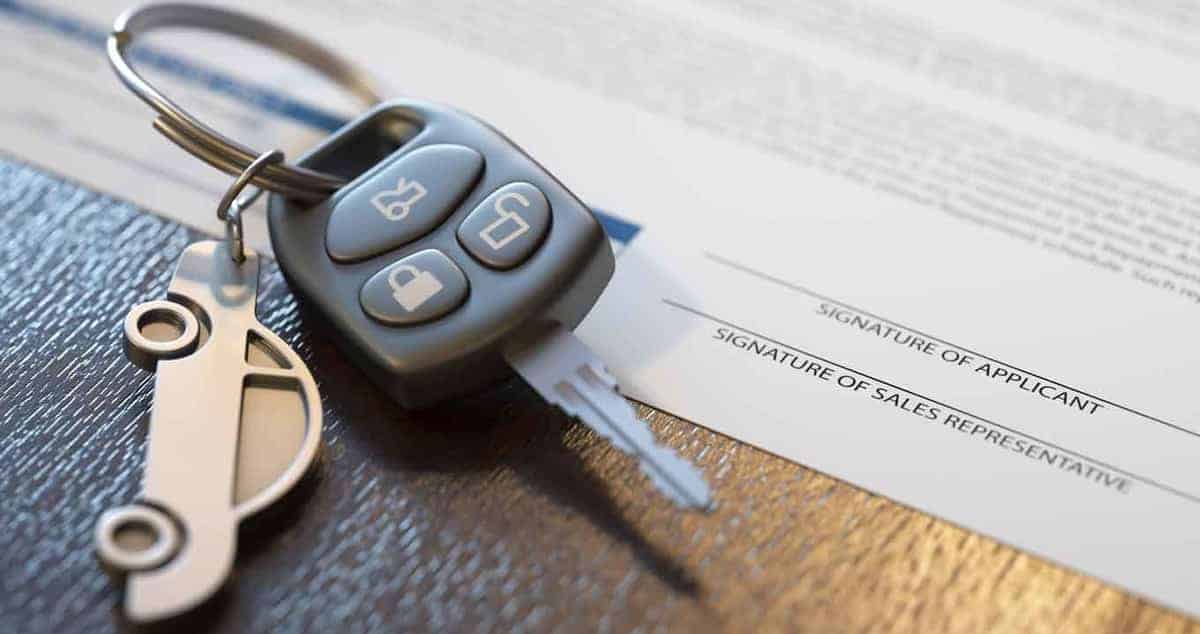5 Essential Documents Needed for Car Financing

Applying for car financing can seem like a daunting task, especially when you're unsure of the paperwork involved. To streamline your application process, it's crucial to gather all the necessary documentation upfront. Here's an exhaustive list of the 5 essential documents required to secure that coveted car loan:
1. Proof of Identity

- Driver’s License: A valid driver’s license isn’t just a requirement for driving; it’s also a primary document for identifying you during the car loan application.
- Passport: If you’re a foreign applicant or prefer another form of ID, a passport can suffice.
🔍 Note: A secondary form of ID like a voter ID card or social security card might also be requested.
2. Proof of Income

To assess your loan eligibility, lenders will need to verify your income:
- Recent Pay Stubs: Typically, two recent pay stubs are enough to prove your steady employment and income.
- Tax Returns: Lenders may ask for your tax returns from the previous year or two to check for consistent earnings.
- Bank Statements: A minimum of three to six months’ worth of bank statements might be needed to show your financial stability.
💡 Note: If you’re self-employed, additional documents like profit and loss statements or business bank statements could be required.
3. Credit Report

Your creditworthiness is a significant factor in car financing:
- Credit Score: Check your credit score before applying. A good credit score often leads to better loan terms.
- Credit Report: Have a copy of your credit report handy; some lenders might ask for it to understand your credit history.
4. Proof of Residence

This document confirms your address and stability:
- Utility Bills: Recent utility bills like electricity or water bills are commonly accepted.
- Lease Agreement: If you rent, your lease agreement can serve as proof of residence.
- Mortgage Statement: Homeowners can provide a mortgage statement to verify their address.
📌 Note: Address on these documents should match the address you provide on your application form.
5. Vehicle Information

After selecting the car, you’ll need these documents:
- Vehicle Identification Number (VIN): This unique number identifies the car you wish to finance.
- Invoice or Purchase Order: Providing this will show the cost, down payment, and other fees associated with the purchase.
In the pursuit of car financing, having all the necessary documents at hand not only speeds up the process but also ensures a smoother journey toward owning your dream vehicle. Remember, every lender might have slightly different requirements, but these documents form the backbone of any car loan application. Always double-check with your lender to make sure you have everything in order. Whether you're eyeing a sleek sedan or a robust SUV, these documents are your tickets to drive away with a financed car.
What happens if I can’t provide proof of income?

+
If you cannot provide traditional proof of income, alternative forms like bank statements showing regular deposits or contracts for freelance work might suffice. However, this could mean higher interest rates or different loan terms due to perceived risk.
Is it necessary to have a down payment?

+
While not always mandatory, a down payment can significantly improve your loan terms. It reduces the loan amount and shows the lender your commitment, potentially leading to lower interest rates and more favorable repayment terms.
Can I use a vehicle for proof of residence?

+
Yes, if you own a vehicle with current registration, it can serve as proof of residence, provided the address on the registration matches your current address.
Does my credit report affect the car loan interest rate?

+
Absolutely, your credit score and history directly impact the interest rates offered to you. A higher credit score usually translates to lower interest rates, saving you money over the life of the loan.
Can I finance a used car with these documents?
+
Yes, the same documents are often required for financing both new and used cars. However, some lenders might have stricter policies or different value considerations for used vehicles.